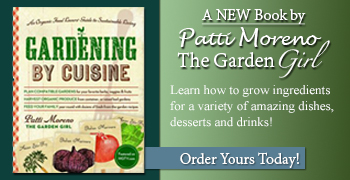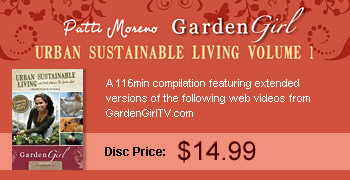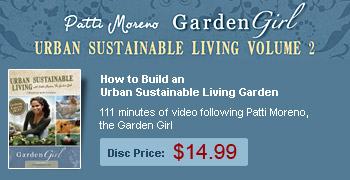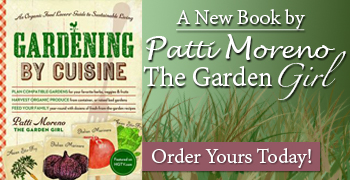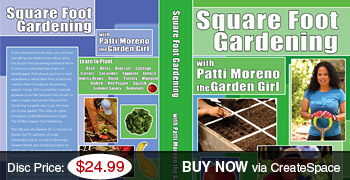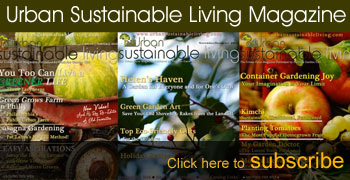How to Make Compost
I am joined here by my good friend and colleague William Moss to talk about one of my favorite topics, composting! As you know, composting is the environmentally safe way to improve the quality of your soil by using natural waste from your yard as well as kitchen scraps. It is the easiest way to be a responsible citizen of the earth. Compost is free fertilizer and an excellent soil amendment.
William and I are using the simplest version of a compost bin which is 19 gauge hardware that comes in a roll. You can make a cylinder with it, as you see here, and use kitchen ties to bind it together.
William explains composting in a great way: “Good compost just consists of Green matter and Brown Matter. Wet being green and Brown being dry.” The Green elements that we are talking about are leaves and food scraps. The Brown stuff is fallen dried leaves. Although we often hear that people are using kitchen scraps for their compost, it is truthfully only SOME kitchen scraps that are appropriate for your compost bin. Some of the things that you do not want to use are:
- Baked goods
- Meat products
- Dairy products
Once you have combined all of the good ingredients into your compost bin, you need to tend to it only minimally, and then just wait until it turns into what we gardeners call, Black Gold!
To tend to the compost you need to turn it which aerates it. I do it with a rake. Turning the compost helps it break down faster. When you are working with your compost after a while, you’ll see that it feels warmer in the center, which is good news – it means it’s working - decomposing and all of the bacteria are doing their jobs.
Your compost will take longer to break down when it’s cold. In the spring it takes between 6-10 weeks.
When you have finally arrived with Black Gold (compost) in your hands, it is a fertilizer that you can use throughout your garden, beefing up your existing soil and giving your plants that needed boost to bring you the plump and nutritious vegetables that a garden promises.

